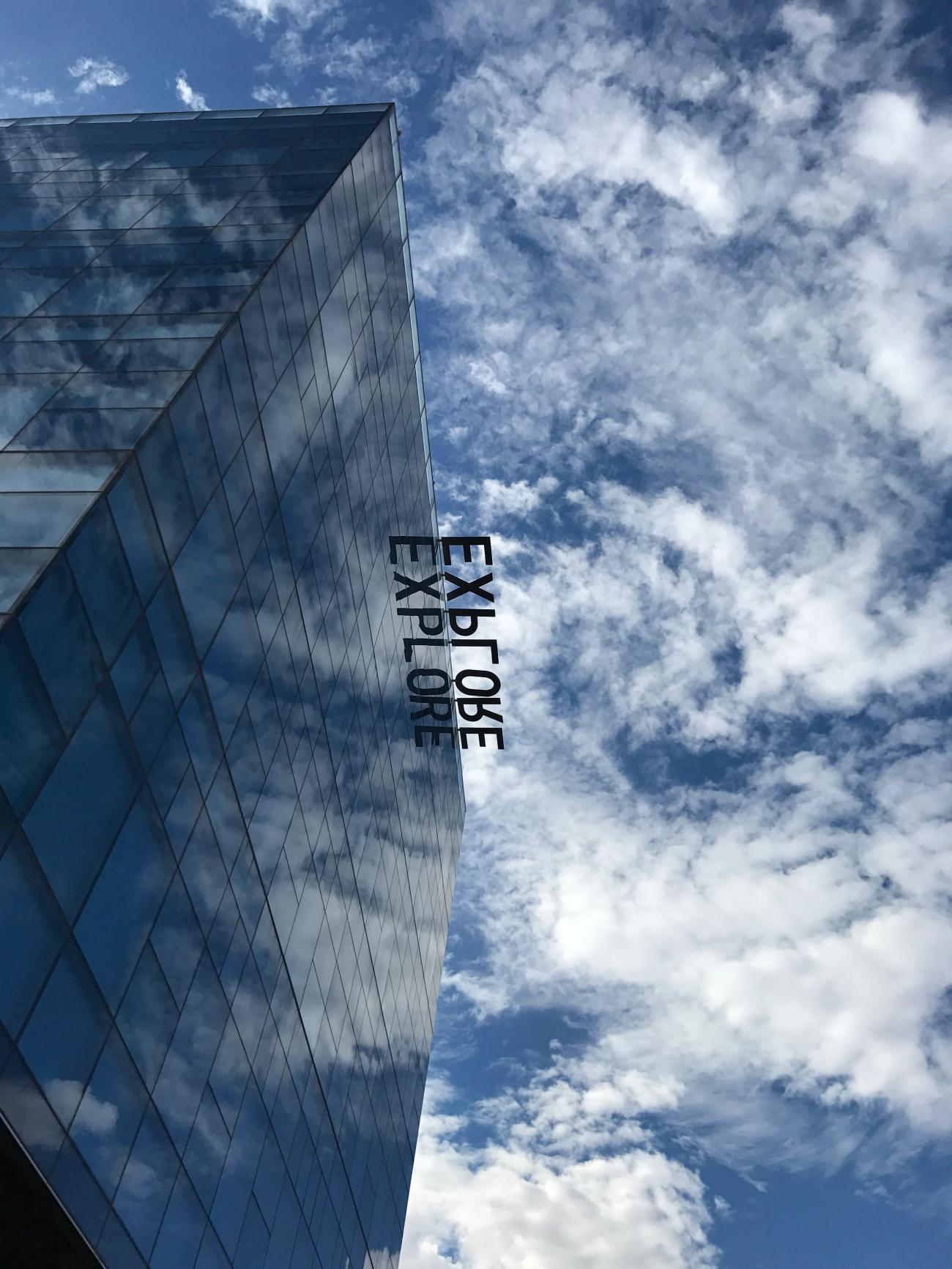Our researchers explore human-environment relationships, landschaft, landscape morphology and natural hazards as they are reconfigured into contemporary themes of sustainability such as political ecology and land change science. We explore the tradeoffs among environmental services and human well-being as the architecture of landscapes change, as well as the water and climate footprint of arid land cities, public perceptions of climate change, and more.
The School of the Geographical Sciences and Urban Planning builds on rich geographical research traditions of human-environment relationships, landschaft, landscape morphology and vulnerability/natural hazards research to address sustainability problems in political ecology, water resources management, and land change science. Specific research projects cover the gamut of sustainability science, including tradeoffs between environmental services and human wellbeing with landscape change, strategies for reducing the climate footprint of arid land cities, public perceptions of climate adaptation policies, cultural inertia and resilience, vulnerability to environmental perturbations, and decision making under uncertainty for water resources management. Faculty projects focus on the the Southwest US, but also include work in other regions of the United States and in Mexico and Asia. While faculty in the school bring skills in spatial analysis, GIS, and remote sensing, this theme integrates qualitative and quantitative methods to understand complex and dynamic human-natural coupled systems.
The activities of Sustainable Science faculty represent the interests of both geographers and planners—linking spatial analysis to planning practice. Geographers and planners partner in areas of urban heat island mitigation, sustainable urban design, and sustainable transportation systems. Faculty who work in this area are affiliated with the Decision Center for a Desert City, the School of Sustainability, Julie Ann Wrigley Global Institute of Sustainability, School of Human Evolution and Social Change and School of Life Sciences.
